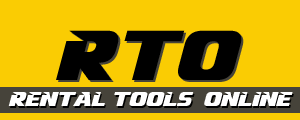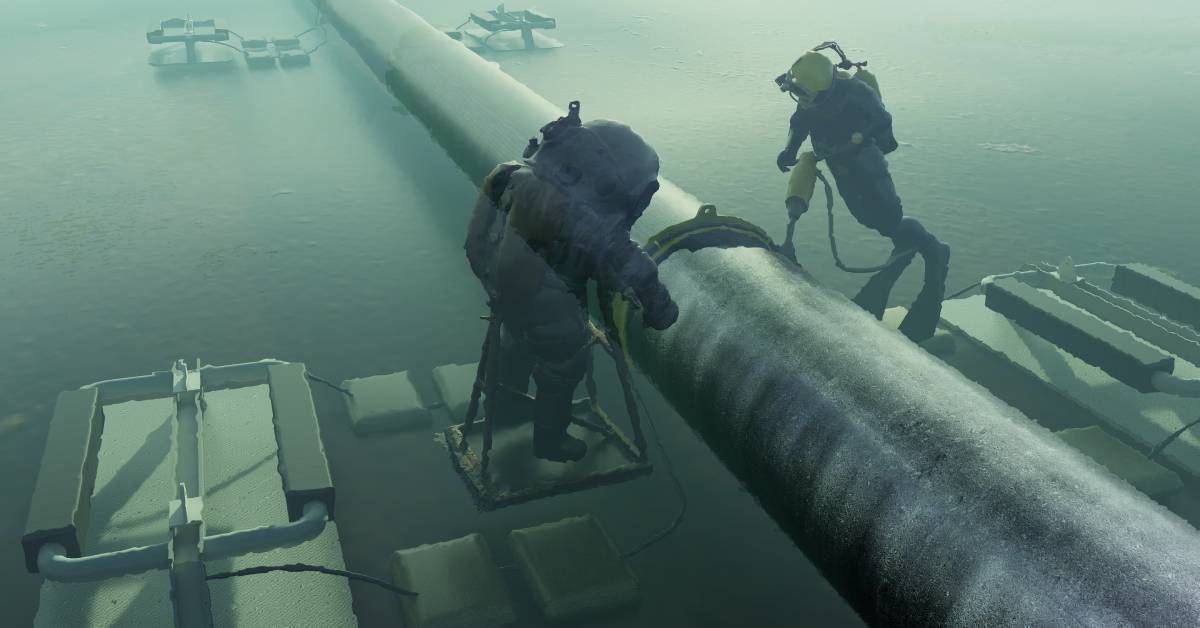The Pros and Cons of Buying vs. Renting Tools

For marine construction and many other industries, the right tools are essential. Industrial tools are lifelines, the backbone of projects big and small, and the silent heroes of daily operations.
The tools impact the quality of projects, as well as productivity, costs, and safety. Today, we’re exploring a topic that might seem deceptively simple at first glance but is full of nuance and importance—the pros and cons of buying and renting tools.
Choosing between equipment rentals and full purchases is not a choice to take lightly. Let’s uncover what you need to know to find the right equipment for your needs.
Renting Industrial Tools
If you want to balance your budget without compromising quality, consider renting industrial tools. Typically, the rental charge will pass directly on to customers at a markup, and renters don’t have to amortize the cost of the equipment over multiple jobs—or even multiple years.
Renting can offer flexibility and cost savings that are particularly advantageous for short-term projects or one-time needs. For instance, renting allows organizations to adapt to changing project needs and leverage the latest tools and machinery without a hefty upfront investment. Renting your gear prevents long-term financial commitment, offering a pay-for-use model that can be more suitable for budget-restricted entities.
Purchasing your tools means more than owning them—you have to maintain and store them properly, too. Upfront costs can be a lot to handle themselves, but the upkeep costs can make the investment more expensive over the years. When you’re renting, the responsibility for maintenance, repairs, and storage falls to the rental company, relieving your team of these burdens.
Typically, tools that see sporadic use or those needed for a specific short-term project are ideal candidates for rental. Good rental candidates range from air lifting bags for heavy equipment to inflatable pipe plugs for repairs. Inflatable pipe plugs perfectly showcase the benefits of renting because they are incredibly helpful, but you don’t need a stockpile of them in your facility. Instead, you can rent them when necessary to maximize space without compromising your project.
At Rental Tools Online, we have many industrial tool rentals available for industries such as civil engineering, marine construction, emergency services, and more. From inflatable pipe plugs to air lifting bags, our rentals make it easy to access a wide range of reliable gear for temporary applications.
The Cons
Now, what are the cons of renting? When renting, you have limited control over the wear and tear of tools, which can possibly affect project outcomes. Plus, reliance on rental companies for tools may lead to availability issues, potentially delaying projects.
Don’t worry; there are simple ways to bypass these problems so that you don’t have to stress about rental opportunities. Avoiding the rental cons comes down to choosing the right rental company.
Partner with someone with a strong reputation so you can ensure you’re getting good gear, and not worn products. Renting and quality can be synonymous if you’re working with a good rental service.
In addition, communicating with the rental company ahead of time ensures you can work out any issues with deadlines and availability. Now that we have a clearer look at the ins and outs of renting industrial tools, let’s explore what it means to purchase your industrial gear.
The Case for Buying Tools
Renting equipment is a convenient way to access quality equipment for the project at hand. That said, in some cases, ownership has its perks.
For organizations involved in long-term projects or those with recurring tool needs, purchasing outright can be a wise investment. The advantages are multifold, depending on the equipment you’re buying.
In some cases, over time, the savings offered by purchasing tools can eclipse the initial high costs, especially when a tool’s lifespan outlasts its pay-off period. For example, drills and welding equipment are common industrial tools that are worth buying due to their constant use on jobsites.
Finding efficient, low-maintenance alternatives to equipment such as this will keep your long-term costs in check. However, like with choosing rental companies, you have to match the right purchase with the proper application. If you take care of the equipment you own, then availability is a key benefit—your gear is always there when you need it, ready to keep your project moving.
The Cons of Owning Tools
Although buying tools has its benefits in certain cases, there are various pitfalls that make it less efficient and viable than renting. Tools and machinery inevitably depreciate over time and may become obsolete as new technologies emerge.
Renting ensures you always have access to modern tech without having to fully invest in the upfront and long-term costs. Owning tools means being responsible for ongoing maintenance, repairs, and storage, which can add unforeseen expenses.
Investing large sums in equipment can also lead to opportunity costs, whereby the funds used to purchase machinery could have been effectively used elsewhere for potentially higher returns. Whether it’s missing out on investment opportunities or not having the capital available for pivoting operations, these lost opportunities can impact the long-term growth and adaptability of the business.
Plus, the equipment you buy takes up space. Industrial tools and machinery often require significant space for storage, particularly for large equipment. For businesses that do not have the luxury of abundant space, this can pose a logistical challenge, requiring additional rental costs for storage facilities or leading to cluttered, inefficient workspaces.
By committing significant capital to purchase equipment, businesses may find themselves less able to adapt to market changes or shifts in project types. This reduced flexibility can be a strategic disadvantage, particularly in industries where technological advancements rapidly change the tools and machinery needed to remain competitive.
Rent or Buy?
When it comes to buying vs. renting tools, the pros and cons are critical to understand. For organizations across the public sector and beyond, the decision between buying and renting tools is rarely simple.
It requires a delicate balance, a thoughtful assessment of immediate and future needs, cost implications, and the unpredictable demands of the job. Although, in some cases, buying equipment is a valuable investment, renting is typically a more cost-effective solution that still yields quality results when you work.
Is your organization at a crossroads trying to decide whether to buy or rent? Remember, every tool in your arsenal plays a role in the larger picture of service delivery and project completion. Equip yourself with knowledge, and you’ll find the best path forward for your business.







